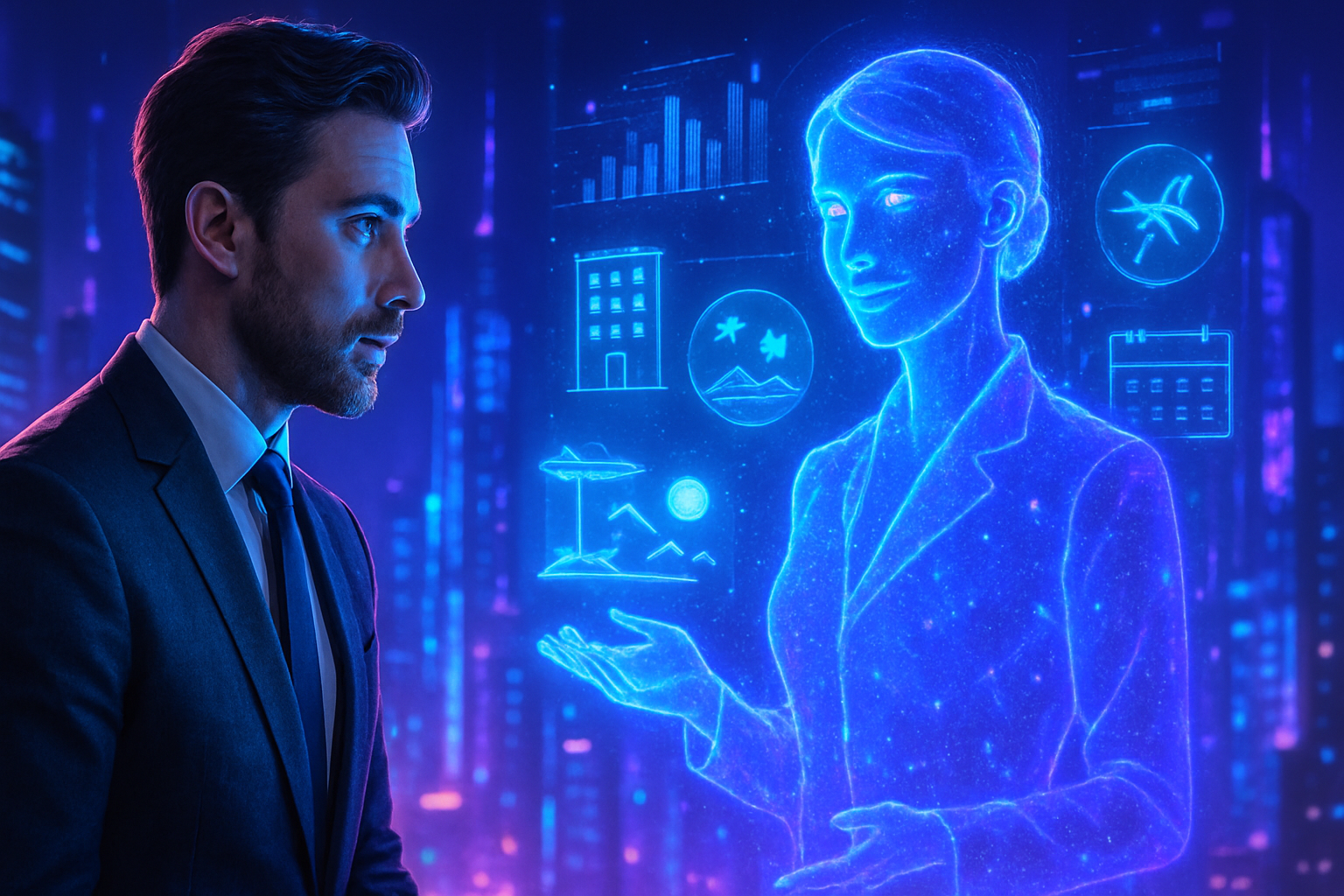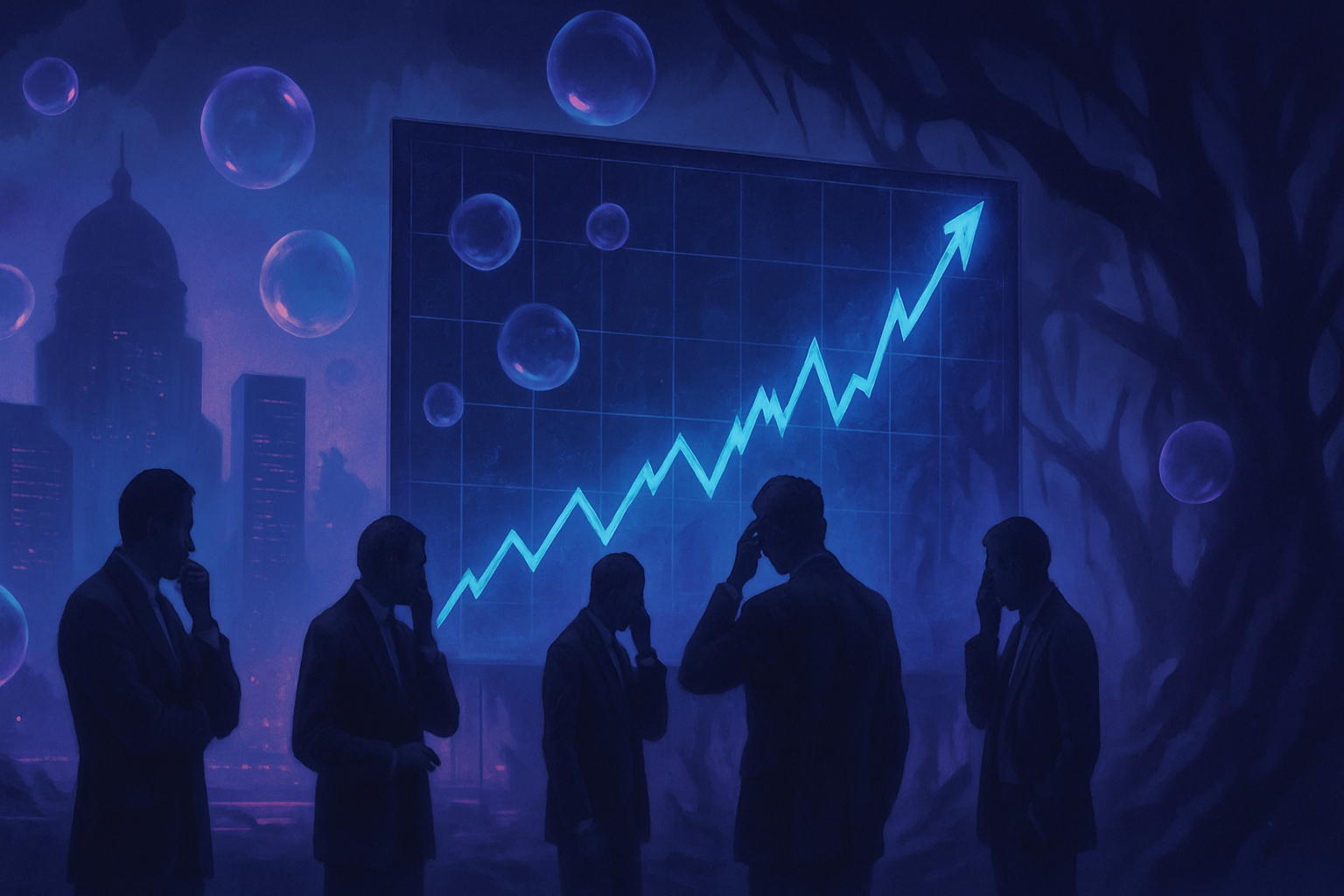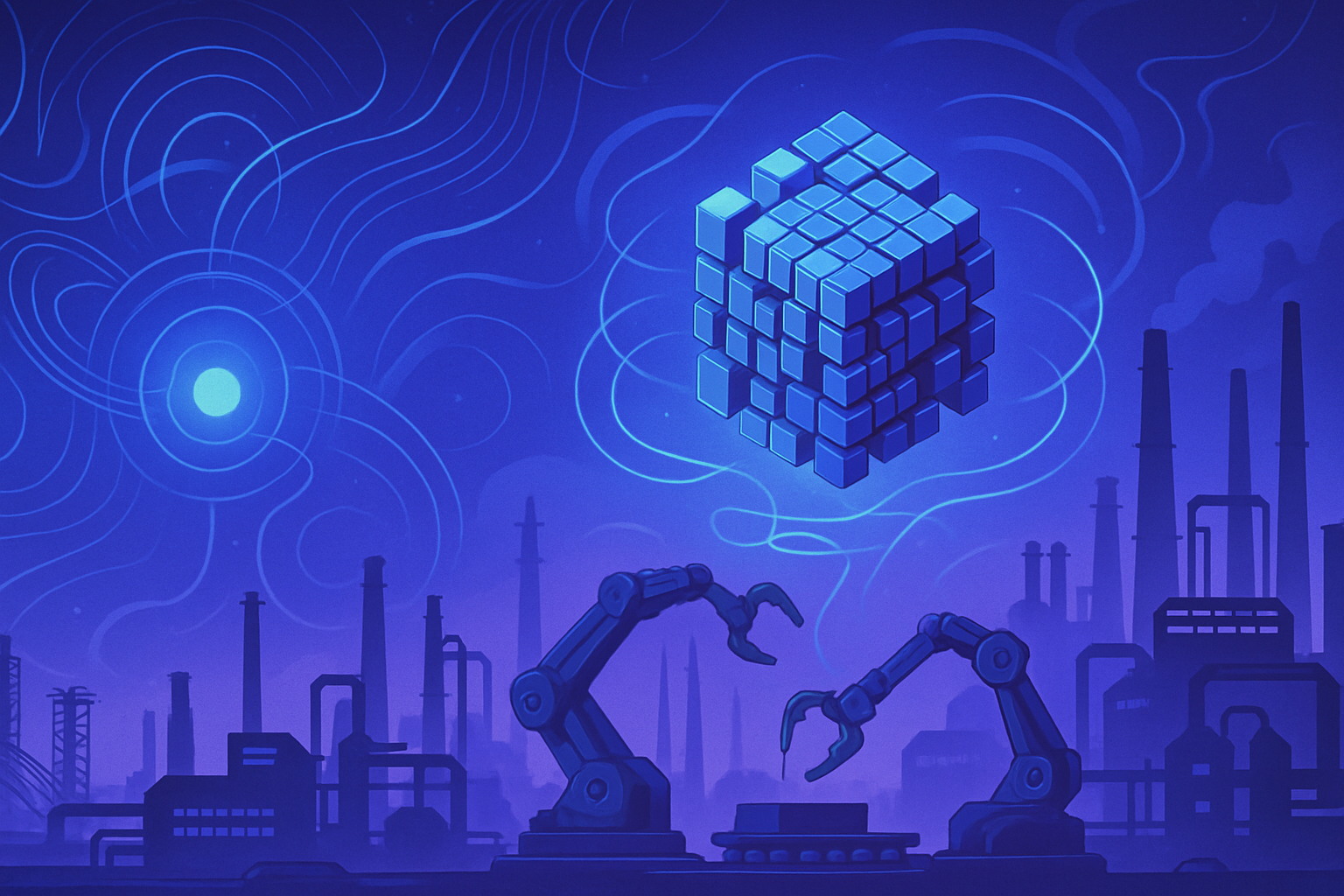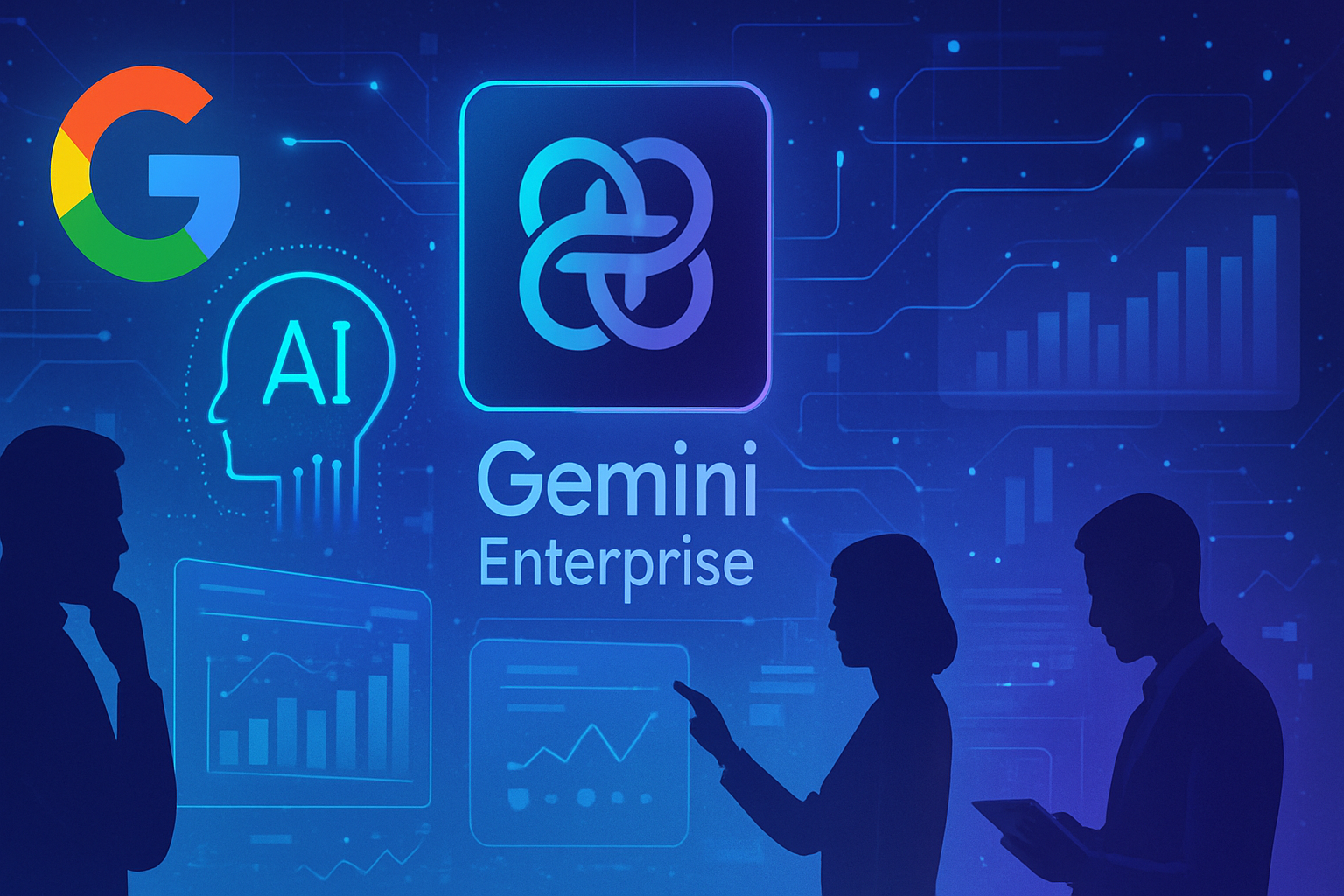The emergence of artificial intelligence agents is radically transforming the landscape of scientific research. These autonomous entities achieve remarkable advances by formulating *evidence-based hypotheses*. The *collaboration between humans and machines* opens up new horizons, facilitating the discovery of new concepts. The challenge lies in the ability of these agents to mimic the dynamics *of scientific groups* while providing meaningful results. *The future of scientific research* depends on this synergy, allowing for the optimization of exploration and innovation processes.
A significant advance in the formulation of scientific hypotheses
Formulating a unique research hypothesis is a fundamental skill for scientists. Crafting such proposals can be time-consuming, especially for doctoral candidates who often spend a year defining their research topics. The integration of artificial intelligence (AI) into this process could transform this dynamic.
The SciAgents framework
Researchers at MIT have designed an automation framework to generate and evaluate promising research hypotheses. This system relies on the collaboration between humans and AI, facilitating the creation of hypotheses grounded in evidence. Their findings were published in Advanced Materials, highlighting the use of hypotheses aligned with unmet research needs in the field of biologically inspired materials.
Graph reasoning concept
The framework, named SciAgents, depends on the use of several AI agents, each equipped with specific capabilities and access to varied data. These agents leverage “graph reasoning” methods, where AI models rely on a knowledge graph. This graph organizes and defines the relationships between various scientific concepts.
Simulating discovery
The principles of the system seek to imitate the collaborative process within scientific communities. The “divide and conquer” method draws inspiration from biological paradigms, recognizing that collective intelligence often surpasses the sum of individual capabilities.
Making AI creative
The researchers aimed to design a system allowing AI models to perform a sophisticated multi-step process, surpassing the mere evocation of information. An ontological knowledge graph serves as the cornerstone of their approach. This graph connects various scientific concepts through a rigorous analysis method.
Creation of new hypotheses
To validate their model, the researchers gathered about 1,000 scientific studies on biological materials. This process produced a range of creative hypotheses to meet current research needs. The system thrives on the interaction between agents, with each model playing a specific role within the framework.
Anticipation and improvement of ideas
The first assigned task is to generate a research hypothesis. A model called “Ontologist” defines scientific terms and explores connections. Subsequently, “Scientist 1” formulates a research proposal, while a second model, “Scientist 2,” enriches the idea by suggesting concrete experimental approaches. Finally, the “Critic” model evaluates the proposals, seeking to refine and perfect each hypothesis.
Practical applications and promising results
The results obtained have raised innovative proposals. For example, the integration of silk with dandelion-based pigments has been suggested to design biomaterials. Critics emphasized the importance of testing the durability of materials and studying their ecological suitability.
The future of AI-driven research
The researchers plan to expand their capabilities by incorporating new tools for simulating and retrieving information. They aim to generate thousands of innovative research ideas, enriched by inter-agent exchanges. Through this dynamic, an improvement in each model results in a significant impact on the entire system.
Growing interest in innovation
Since the publication of the details of their open-source approach, hundreds of individuals have shown interest, covering various scientific fields. This phenomenon will also require continuous adaptation as artificial intelligence evolves.
AI agents are innovating in science.
An unprecedented collaboration between AI and human research is emerging.
Viable hypotheses are emerging thanks to this dynamic.
Frequently asked questions about AI agents and scientific collaboration
How do AI agents contribute to hypothesis formulation in scientific research?
AI agents use graphical reasoning methods to organize scientific concepts and generate evidence-based hypotheses, thus simulating collaboration among scientists.
What are the steps in the hypothesis generation process by AI agents?
The process includes defining sub-graphs from a knowledge graph, creating a research proposal by one agent, expanding that idea by another agent, and finally a critical evaluation of the proposal.
What types of data are used to feed AI agents in scientific research?
AI agents often utilize sets of scientific publications, advanced language models, and knowledge graphs to establish connections between different concepts and identify research gaps.
Are the hypotheses generated by AI truly innovative and applicable?
Yes, studies show that hypotheses formulated by AI can exhibit significant robustness and novelty, effectively addressing unmet research needs.
How do AI agents collaborate with each other to develop research ideas?
Agents interact by sharing information and providing feedback on proposals from other agents, facilitating a collective and interdisciplinary approach to hypothesis development.
What advantages does using AI agents offer in scientific research?
AI agents help accelerate the hypothesis formulation process, enhance scientific creativity, and provide a multidimensional assessment of ideas, while reducing time spent in laboratories.
Can this approach be used in different scientific fields?
Yes, the methodology developed by the researchers is adaptable to various scientific fields and has been successfully tested in disciplines ranging from biological materials to biotechnology.
What challenges are associated with the use of AI agents in scientific research?
Challenges include the need for proper training of AI models, evaluating the quality of the data used, and managing potential biases during hypothesis generation.
How can we ensure that hypotheses developed by AI adhere to ethical research standards?
It is essential to integrate ethical controls in the development of AI systems, such as ensuring transparency, verifiability of data, and considering the social impacts of generated ideas.






